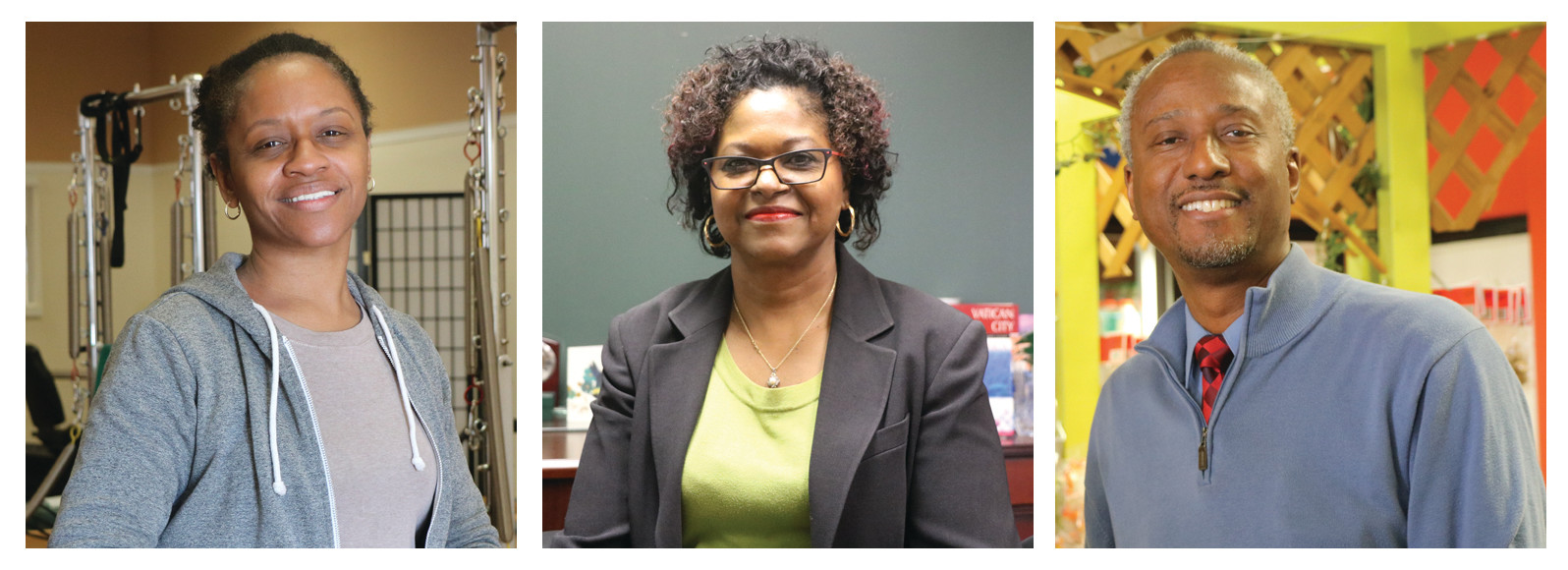A glimpse of local African-American entrepreneurship during Black History Month
According to 2012 data from the U.S. Census Bureau, there are approximately 12,370 businesses in Nassau County owned by African-Americans. They represent only 7.6 percent of the county’s 162,528 businesses, and only 5.7 percent of them employ people other than the owners. They rank third on the list of minority-owned business in the county, after those owned by Hispanics and Asians.
In honor of Black History Month, the Herald contacted three local black-owned businesses in order to find out how they started, how they are faring and the challenges black entrepreneurs face today.
Marie Taylor, financial adviser
Edward Jones, West Hempstead branch
365 Hempstead Ave., West Hempstead
Taylor specializes in individual investments and retirement plans for small business owners. She was named West Hempstead’s Business Owner of the Year in 2015 and is now vice president of West Hempstead’s Chamber of Commerce.
How is your business faring?
My practice in West Hempstead is growing; however, it’s because I’m active in the community. It’s really a trust factor, and more people are gravitating to me and relying on me to give them advice.
What are the challenges of your business?
There are many challenges, such as, “Why would I go to you instead of to another person?” Money is close to a person. You have God, you have family and your money is number three. Most of my business comes from the surrounding towns and outside Long Island.
What challenges do you face as a black female entrepreneur?
Once you build relationships with people, and they trust you, then the color goes away. But to this day, I will still have someone call on the phone, book an appointment, come in — and you can tell that they’re not coming back, because they’re Caucasian and they’re not used to the dynamics of having a minority handling their money. But you understand, because these are usually much older clients.
Working in the financial industry must be particularly tough.
Yes, especially for minority women. We find more challenges. There aren’t that many of us right now. It is an open space we’re trying to build. We have many initiatives out there trying to recruit minority women. We do hire them, but they don’t prove to last very long. Since this is a commission-based business, you may have to live on whatever savings you have set aside. It’s such a tough thing to deal with it.
What makes your business successful?
An investment of time: going face to face to individuals and businesses to introduce yourself. I did three appointments already this morning. My practice is really based on referrals because of it.






